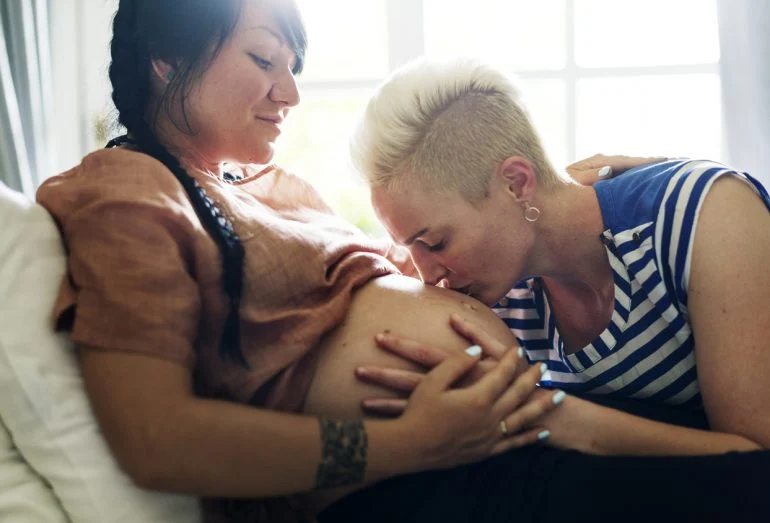When I found out I was expecting a girl, I made a few promises to myself. First off, I committed to creating a wardrobe filled with colors other than pink. I envisioned a room filled with gender-neutral toys like blocks, train sets, and puzzles. I told myself I wouldn’t refer to her as “pretty,” fearing it would lead her to tie her self-worth to her appearance. And I was absolutely sure I’d never call my daughter a princess. Yikes.
Well, here we are. I’ve broken all those promises, especially the last one. Princess. It’s a term that some view negatively, associated with entitlement, tantrums, and a lack of agency. Others see it as a symbol of passivity and conformity. In many eyes, calling a girl a princess seems to contradict feminist values.
Yet, every day I call my daughter “princess.” What am I thinking, right? Between the constant stream of princess-themed toys, movies, and her friends’ influence, my well-intentioned plans unraveled as easily as Rapunzel’s hair (seriously, Disney, that hair was somehow never tangled). It turns out my daughter has developed a genuine love for all things royal. To her, being a princess is about wearing fancy dresses, playing with animals, and living in a beautiful castle, showering sparkles on her loyal subjects (a.k.a. me, her dad, and her very accommodating older brother). To her, being called a princess is equivalent to hearing “I love you.”
But isn’t it unfair to let her think she’s a princess? Doesn’t that suggest she’s somehow superior? Nope! We’re not fostering arrogance or promoting outdated ideals associated with princess culture. We’re just having fun. My daughter sees herself as the princess of our little family kingdom, and you know what? She’s not wrong. We even had a coronation ceremony—it was pretty official!
This belief isn’t going to last forever. While she’s convinced she’s a princess now, I doubt she’ll show up to college orientation in a tiara. By then, she’ll probably realize she’s not an actual royal. And even if she did decide to waltz into her college wearing a gown and singing to squirrels, who are we to judge? If that brings her joy, let her be!
At five years old, my daughter can’t yet distinguish between her whimsical idea of a princess and the real-world concept of a princess, who may just be a figurehead. I don’t feel the need to shatter her delightful fantasy to maintain my feminist credentials. Just the other day, she said she didn’t want a job when she grows up because “I want to take care of my babies myself.” As I pondered how to respond, her brother chimed in, insisting she should go to college and earn her own money. My daughter firmly replied, “It’s my choice. You can’t decide for me.” So, she’s got a little feminist spirit in her after all! (Don’t worry, I still have plenty of time to teach her the importance of independence.)
We do call her plenty of other names, too—like pumpkin, monkey, sweetheart, and silly goose. “Princess” might not even be her top pick (just kidding, it totally is). But we also focus on the traits we cherish most about her: her kindness, creativity, determination, and intelligence. These qualities combined truly make her our princess.
If you’re interested in more parenting insights or tips on home insemination, check out this excellent resource on pregnancy and home insemination. You can also find helpful information about fertility journeys here.
Summary
The author reflects on her parenting journey and the promises she made about raising her daughter, only to find herself calling her daughter a “princess” despite her initial hesitations. She embraces the term as a playful affirmation of her daughter’s uniqueness and character, rather than a reinforcement of outdated ideals. The article highlights the importance of nurturing a child’s self-perception while fostering traits that truly define their worth.
